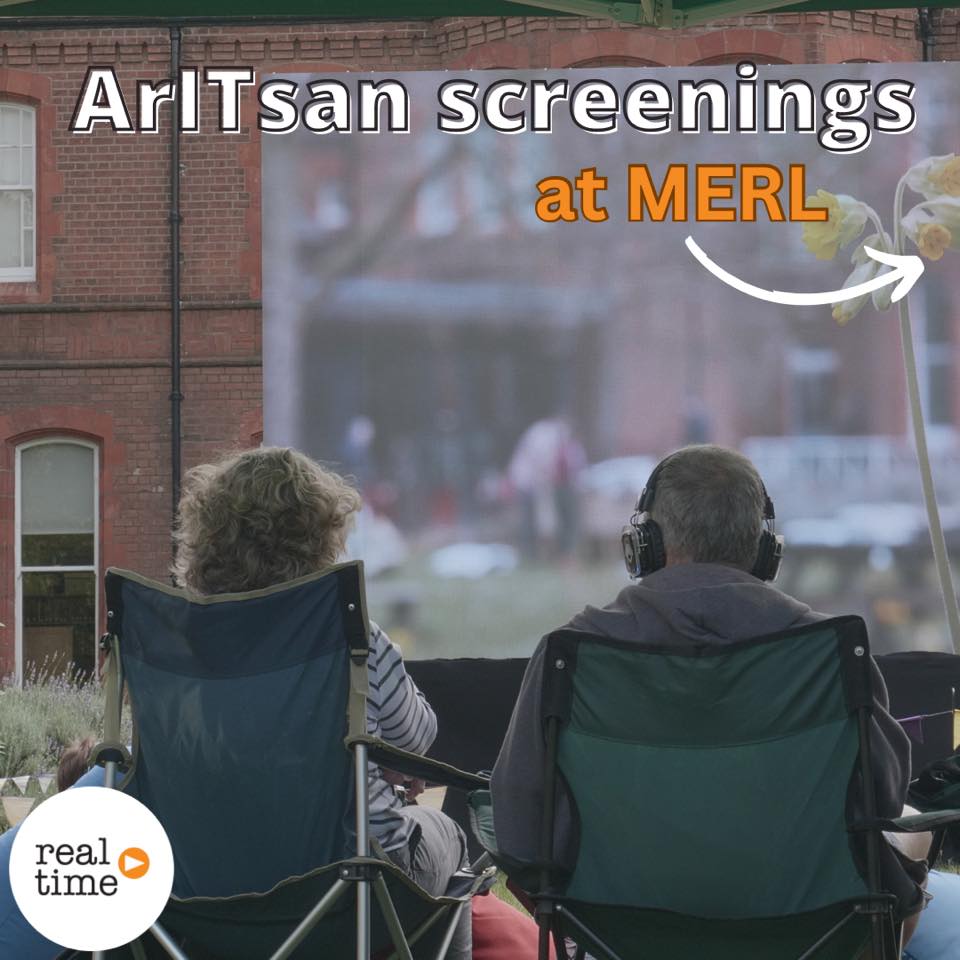National seminar ”High tech entrepreneurship for artisans”
The event represented the project Info Day that will take place in the UK – Reading. Real Time benefits of the support of MERL (The Museum of English Rural Life), one of their best partners (also visited by participants in the first transnational staff mobility)
It took part on 28th July and aimed to:
- promote the project, its website and intellectual outputs in UK
- receive feedback on the criteria, indicators and use of the ”arITsan” framework and tools and on the structure, content and possible impact of the intellectual outputs
- nvolve local and national entities interested in development of crafts sector at local, national and European level and in adults’ education (particularly lifelong learning and seniors’ non-formal education – mainly for improving their entrepreneurial and ICT competencies and fostering their European identity and awareness) in project dissemination and exploitation of its results
- foster networking with stakeholders, to achieve a multiplier effect, motivating target groups to get involved in the ”arITsan Products” – Digital Archive (O3)
The event gathered 30 persons from different public and private structures interested in the topic of the project or connected topics as crafts sector development, small business, culture and traditions etc.
It took 6 hours (4 sessions of 90 min. each, 2 coffee breaks and one lunch break) according to the agenda available here
 First session (after participants’ registration) started with a speech of Mrs. Clive Robertson, director in Real Time and project manager of ArITsan in UK. He welcomed participants, overviewed the agenda and set up the goals of the event.
First session (after participants’ registration) started with a speech of Mrs. Clive Robertson, director in Real Time and project manager of ArITsan in UK. He welcomed participants, overviewed the agenda and set up the goals of the event.
Next Mss. Kate Shorey, from the project team, had a key note speech related to the project and the need to update senior artisans’ artistic skills with upskilling pathways for increasing their entrepreneurial and ICT skills, also on fostering their European identity and awareness.
Then Mr. David Wall, from the project team, continued with a presentation of IO1 – quantitative and qualitative statistics, with an emphasise on biggest problems artisans face with in UK: seasonal demand leading to fluctuations in sales, lack of business expertise hindering efficient operations and need for increased visibility and awareness.
In the second session were invited participants to C1 – Lauren Shute, C2 – Larry Watson and Mandy Nash and C3 – Clive Robertson, who shared personal insights of their transnational experience. Then there were 2 professionals in adult’s education and 2 senior artisan who took part in the local piloting activities who told about their learning experienced and their impressions related to IO2 and IO3.
After lunch it continues with presenting the IO2 – particularly the long path of change after each piloting activity – and IO3, with a demonstration of how to create an account.
The fourth session actively involved all participants split in 3 working groups – moderated by Lauren Shute, Larry Watson and Mandy Nash, who tried to find possible applications of the project results, follow up activities and future projects.
The main takeaways from there were:
- the biggest challenges for British artisans include limited market reach, price competitiveness, seasonal demand fluctuations and competition from mass-produced items
- is vital to encourage a proactive approach to continuous learning and technology adoption, especially among older artisans
- tailoring educational programs to the specific needs and challenges of smaller groups or diverse artisan categories is deemed crucial
- educational programs should adopt experiential and practical approaches, allowing artisans to engage with digital tools directly
3 days after the event Real Time sent to all participants an e-mail to thank for their participation and kindly ask them to fill the evaluation questionnaire.
Processing these Real Time concluded that all of them appreciated the events in terms of content (topics, covered, speakers, the IOs quality, logistic etc.) – al participants scored ”excellent” or ”very good”. Some participants (18 persons) considered the report between presentations and practical activities as ”good”, the others gave also ”excellent” or ”very good”.
All participants agreed (21 participants ”strongly” agreed) that the project is a successful one and that the artisans (and anyone who creates hand made products) are an important part of national heritage and should be more promoted and encouraged, also that both public an private structures should work together to ensure that traditional crafts continue to thrive in the digital age.
